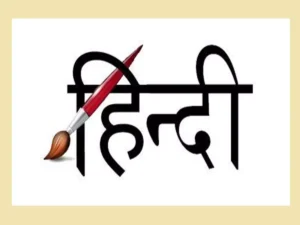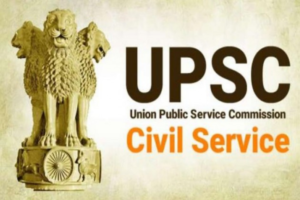The Botany optional syllabus for the UPSC Civil Services Main Examination covers various aspects of plant sciences. Below is a general outline of the syllabus:
Paper-I:
- Microbiology and Plant Pathology:
- Viruses, bacteria, and plasmids.
- Fungi and their spore structure.
- Plant diseases and their control measures.
- Cryptogams:
- Algae, fungi, lichens, bryophytes, and pteridophytes.
- Morphology, life cycles, and reproduction.
- Phanerogams:
- Gymnosperms and angiosperms.
- Morphology, anatomy, embryology, and reproduction.
- Plant Utility and Exploitation:
- Economic importance of plants.
- Medicinal and aromatic plants.
- Edible plants and their uses.
- Morphogenesis and Development:
- Plant growth regulators.
- Growth and differentiation.
- Organogenesis and embryogenesis.
Paper-II:
- Cell Biology:
- Structure and function of cell organelles.
- Cell division and cell cycle regulation.
- Cell signaling and communication.
- Genetics, Molecular Biology, and Evolution:
- Mendelian genetics.
- Chromosome structure and genetic mapping.
- DNA replication, transcription, and translation.
- Gene regulation and genetic engineering.
- Evolutionary processes and theories.
- Physiology and Biochemistry:
- Plant water relations.
- Photosynthesis and respiration.
- Mineral nutrition and uptake.
- Enzymes and metabolism.
- Ecology and Plant Geography:
- Ecosystem structure and function.
- Population dynamics and community ecology.
- Biogeography and plant distribution patterns.
- Plant Breeding and Biotechnology:
- Methods of plant breeding.
- Hybridization, selection, and genetic manipulation.
- Plant tissue culture and its applications.
- Plant Taxonomy:
- Principles of plant classification.
- Plant families and their characteristics.
- Modern trends in plant systematics.
This syllabus provides an overview of the topics covered under the Botany optional subject for the UPSC Civil Services Main Examination. Candidates should refer to the latest syllabus and recommended study materials provided by the UPSC and other reliable sources for detailed preparation. Additionally, candidates may benefit from practical knowledge and field experience in botany to understand the subject better.





